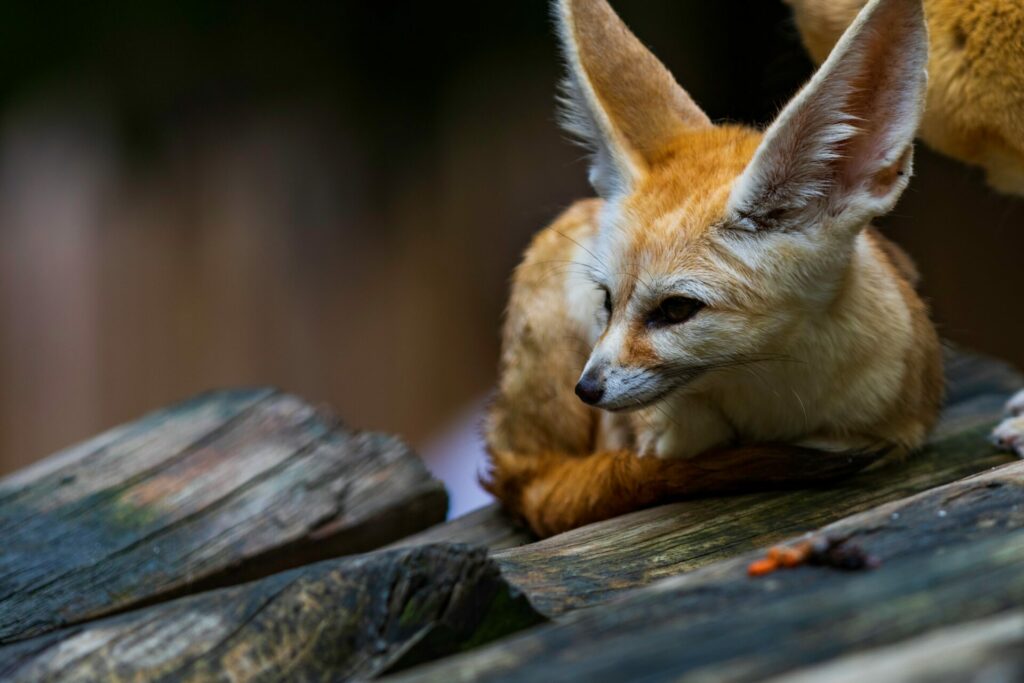The Agriculture and Fisheries Council discussed on Tuesday a new EU legislative framework for an EU positive list for the trade and keeping of companion animals.
The discussion was based on a position paper submitted by Cyprus and co-signed by Lithuania, Luxembourg and Malta, calling for the European Commission to explore the benefits of an EU-wide positive list. The paper was supported by a majority of EU member states and seen as a positive step by animal welfare organisations.
The position paper does not specify any animals, it merely asks the Commission to begin the process of looking into the benefits of such a list. Stella Kyriakides, Commissioner for Health and Food Safety, responded positively to the paper and committed the Commission to carry out an impact assessment and sharing best practice.
An EU positive list of allowed species is an instrument through which animals are objectively and scientifically assessed on their safety and suitability to be traded and kept as companion animals and pets. If an animal is not found on the list, it would not be legal to keep it as a pet, as opposed to a negative list, which only includes prohibited animals.
A negative list lags behind trends in the (exotic) pet trade. A positive list could be done on the basis of various risk criteria, most notably those relating to animal welfare, biodiversity protection, public health and safety, and invasiveness risks.
Animal welfare is perhaps the most important criterion. Dogs and cats are the most usual pets but many other animal species are unsuitable to be kept as pets and, as a result, they suffer greatly at all stages of keeping. During capture, transport and eventual captivity, these animals’ complex behavioural and social needs cannot be met.
Public health concerns related to the threat of zoonotic disease transfer was highlighted during the COVID-19 pandemic. Diseases that are harmful to humans can be passed from wild animals kept as pets, with the additional danger of stressed animals attacking or hurting their owners.
Currently, eight EU member states (Belgium, Luxembourg, the Netherlands, Malta, Lithuania, Cyprus, France, Slovenia) have introduced positive lists legislation for distinct groups of animals, and eight more are discussing such measures. On the opposite side, there are still member states that even allow private tiger-keeping.
What animals are today allowed as pets in some member states but forbidden in other countries?
Many member states already have restrictions on lions, tigers and primates based on The Convention on International Trade in Endangered Species of Wild Fauna and Flora (CITES), an international agreement between governments which aims at ensuring that international trade in specimens of wild animals and plants does not threaten the survival of the species.
But there is still room for improvement in in several EU member states. Belgium only allows for about 42 mammal species, while in many other member states, the vast majority of known mammal species in the world (which are around 6,000) can still be legally kept. Lions, tigers and primates are for example outlawed in Belgium but can still be kept subject to conditions in, for example, Germany.
Eurogroup for Animals welcomed the position paper. “Member states proved their strong support for the Positive List, recognising it as a fundamental tool to protect animals, human health and biodiversity,” commented its CEO, Reineke Hameleers. “Now it is the turn of the European Commission to act and finally regulate the exotic pets trade.”
“The perfect opportunity to do this is through the forthcoming Wildlife Trafficking Action Plan, due in the autumn, and also the new Animal Welfare proposals at the end of next year”, she added.
The main issue on the agenda of the Agriculture and Fisheries Council this week was solidarity with Ukraine and facilitating the export of Ukrainian agricultural products by land to European and world markets. The aim is to overcome the blockade of Ukrainian Black Sea ports by Russia and to ensure that Ukraine remains fully integrated into world agricultural markets and continues to contribute to global food security.
M. Apelblat
The Brussels Times

